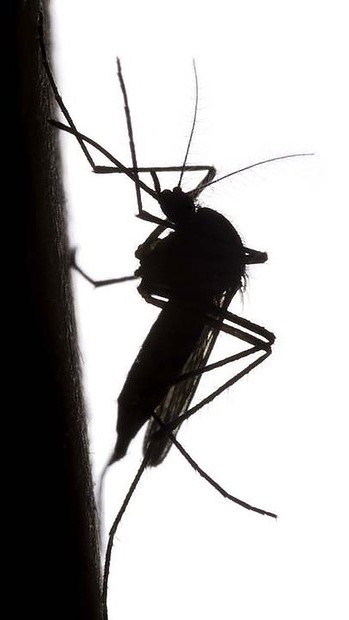SA team chasing Zika vaccine
 Australian medical experts are working on a vaccine for Zika virus, as cases continue to rise.
Australian medical experts are working on a vaccine for Zika virus, as cases continue to rise.
In the same week that the mosquito-borne Zika virus reached Australian shores, a new deal will see the money and expertise needed for a cure come together in SA.
A University of South Australia research laboratory will work with Melbourne-based biotech company Sementis Ltd to develop a vaccine.
The university’s Experimental Therapeutics Laboratory in partnership with Sementis has already developed a protective vaccine for mosquito-borne Chikungunya virus, which is now in the clinical manufacturing process.
Lab head Associate Professor John Hayball hopes his team can rapidly adapt the Sementis Chikungunya vaccine for Zika virus.
The World Health Organisation says Zika could infect three to four million people in the Americas over the next year, and has already been detected in 23 countries across the continent.
Prof Hayball says Zika virus has caught the world ‘flat footed’.
“It’s really a race against the clock to find a vaccine for Zika virus and our lab is starting preclinical laboratory based experiments immediately,” he says.
The Experimental Therapeutics Laboratory worked with Sementis to develop a protective vaccine for Chikungunya virus late in 2015, which has been taken all the way through pre-clinical studies that showed it to be 100 per cent effective.
“Using [a vaccine platform developed by Sementis], we use genetic engineering techniques to insert genes for antigens from different diseases, so Chikungunya genes to make the Chikungunya vaccine … and Zika genes to make the Zika vaccine,” Assoc Prof Hayball says.
An alarming development from the Zika virus outbreak in Brazil in 2015 is the strong association with microcephaly, a birth deformity linked with women who have had Zika infection.
While the link between microcephaly and Zika infection has not been conclusively proven, the evidence is sufficiently strong to warrant warnings against pregnant women travelling to areas of Zika activity.







 Print
Print